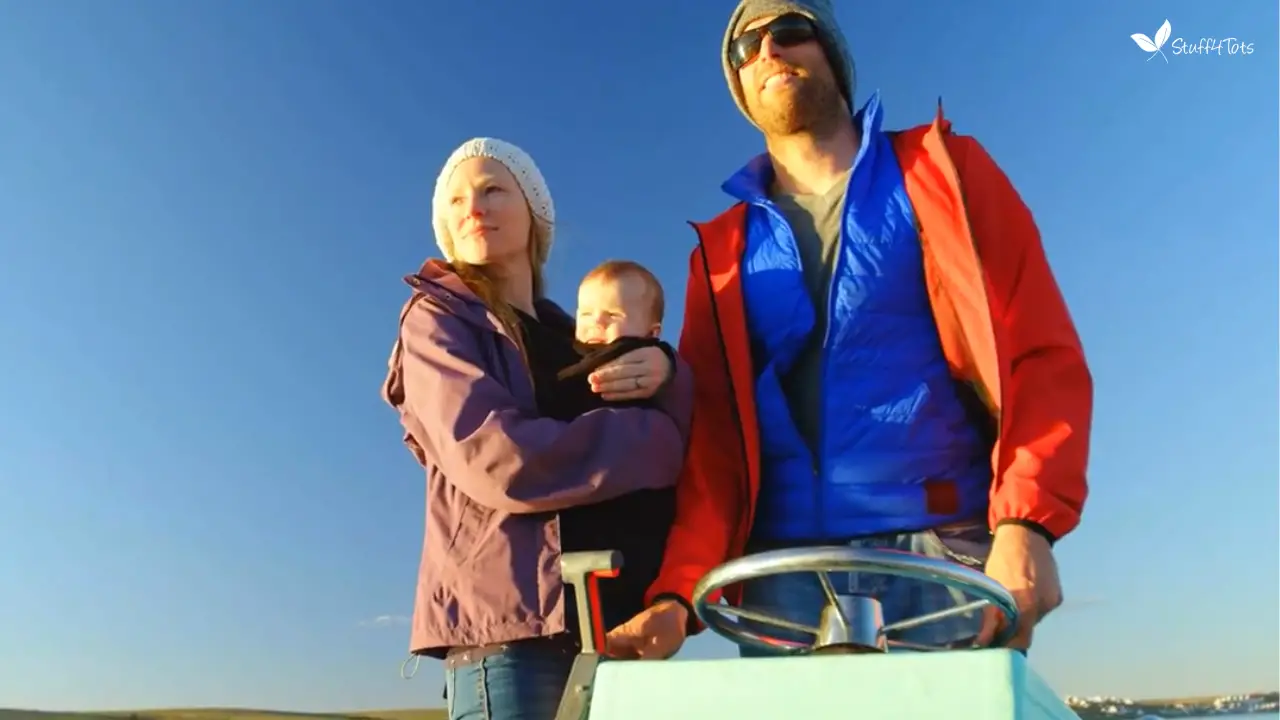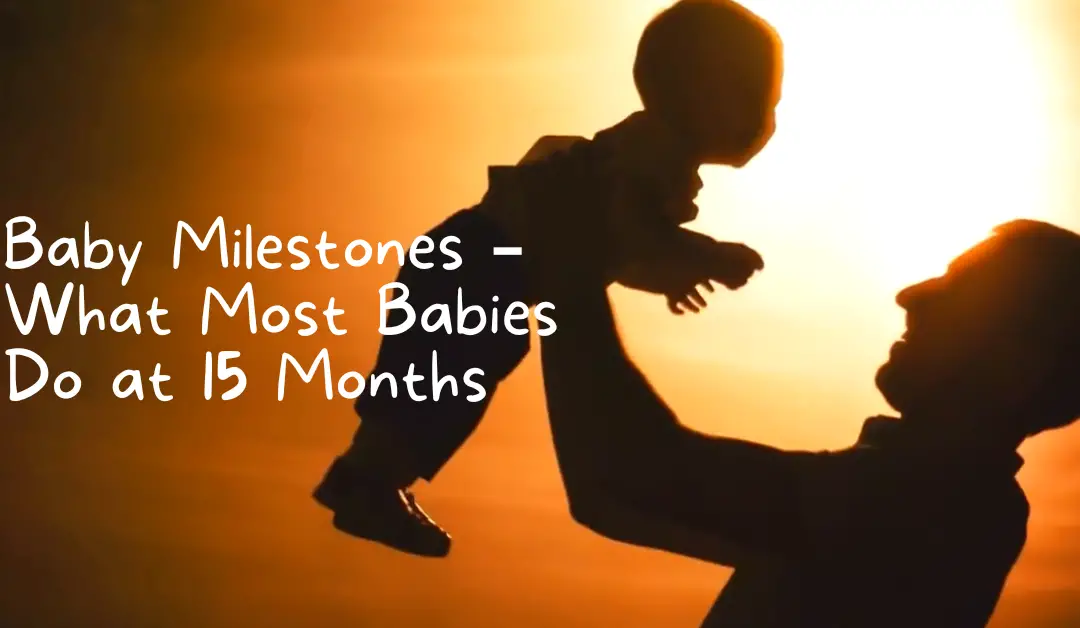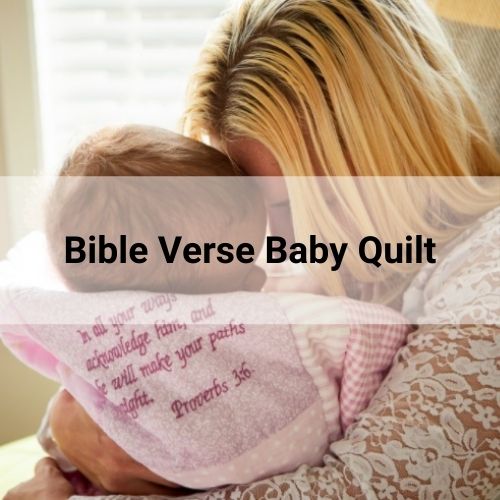Table of Contents
Developmental Milestones
It’s helpful to understand the important clues in your child’s development, like how your little one moves, acts, speaks, learns, plays, and interacts.
There are things most children can do by a certain age.
Join us as we talk about milestones which your child reaches during the fifteenth month. These milestones are as defined by Centers for Disease Control and Prevention (CDC).
Let’s check out these first-time actions which are called developmental milestones.
What Can Most Babies Do By Month 15?
First up, let’s look at emotional and social milestones. Your baby:
- Copies other children while playing – for example, he takes toys out of a container when another child does
- Shows you an object that he likes
- Claps when he gets excited
- Hugs a stuffed toy
- Shows you affection – for example, he gives you hugs, cuddles, or kisses
Second, communication and language milestones. Your baby:
- Tries to say one or two words apart from “dada” or “mama”, like “ba” for ball or “da” for dog
- Looks at a familiar object when you name it
- Follows directions given with both gestures and words – for example, when you hold out your hand and say “Give me the toy”, he gives it to you
- Points to ask for something or to get help
Third, cognitive milestones. These include thinking, learning, and problem-solving. Your baby:
- Tries to use things the right way, like a cup or a book
- Stacks at least two small objects, like toy blocks
And the fourth, movement and physical development milestones. Your baby:
- Takes a few steps on his own
- Uses fingers to eat some food
You know your baby best.
If you might feel that your baby is not meeting one or more milestones, has lost skills he or she once had, or if your child might have special healthcare needs, please see your pediatrician as early as possible.
During the visit to your pediatrician, it’s important to discuss these things:
- Has your baby lost any skills he or she once had?
- Does your baby have any special healthcare needs or was he/she born prematurely?
Please don’t be alarmed if your baby hasn’t quite hit some or all of these milestones by the end of month 15. Human beings are a varied bunch, and we all develop at different rates.
These milestones are “averages”, and some babies will cross them earlier or later than the herd.
There’s no need for worry about milestones in month 15 but there’s no harm in discussing things with your pediatrician if there is anything of concern.
You Play a Great Role in Your Baby’s Learning and Brain Development
You are your baby’s first and best teacher, and it’s you who can help him or her the most with this learning and brain development phase.
Here are some simple activities to try with your baby:
Help your child learn to speak.
A child’s first few words aren’t complete. Repeat what he says and add to it. He could say “ba” for “ball”. You can say “Ball, yes, that’s a ball.”
Tell your child the name of an object when he points to it.
Wait for a few seconds to see if he makes any sounds before you hand it to him.
If he makes a sound, acknowledge it. Repeat the name of the object, like “Yes! Ball!”
Find ways to let your little one help with everyday activities.
Let him get his shoes when he wants to go outside. Ask him to put the snacks in the bag for the park.
Have steady routines for sleeping and feeding.
Create a calm, quiet bedtime routine for your little one. Put on his pajamas. Brush his teeth. Read a couple of books to him.
Be mindful that children between 1 and 2 years of age need 11 to 14 hours of sleep a day. That includes naps. Consistent sleep times make it easier!
Show your baby different objects, like a hat.
Ask him, “What do you do with a hat? You put it on your head.” Put it on your head, and then give it to him to see if he does the same thing.
Try doing this with other objects, such as a cup or a book.
Sing songs with movements and gestures, like “Wheels on the Bus.”
See if your baby tries to copy and do some of the actions.
Say what you think your child is feeling (for example, sad, mad, frustrated, happy).
Use your facial expressions, words, and voice to show what you think he is feeling. For example, say “I know you’re frustrated because we can’t go outside. Let’s play indoors.”

Tips and Activities for Baby’s 15th Month
Expect tantrums.
Tantrums are normal at this age. They are more likely to happen if your child is tired or hungry.
As your baby gets older, tantrums should become shorter and happen less. You can try some distractions, but it’s ok to just let him have the tantrum. Give him time to calm down and move on.
Teach your child “wanted behaviors.”
Show him what to do. Use positive words or give him hugs and kisses when he does it. For example, if he pulls your pet’s tail, teach him how to pet gently. Give him a hug when he does it.
Limit screen time on the TV, tablets, and phones to video calling with loved ones.
Screen time isn’t recommended for children younger than 2 years of age. Children learn by talking, playing, and interacting with others.
Encourage your child to play with toy blocks.
Stack the blocks for him to knock down.
Let your baby practice eating with a spoon and use a cup without a lid for drinking.
Learning to eat and drink is sure to be messy but fun!
Thoughts
Keep in mind that it’s not exactly when your baby gets to sit up by himself or utters his first words. What’s more important is that they’re progressing with their development.
In our next article, we’re going to discuss baby milestones for 18-month-olds. We look forward to seeing you then!
How’s your 15-month-old doing?
We’d love to hear from you! Let us know in the comments below.
Thanks for stopping by!
Related articles you might also find useful:





